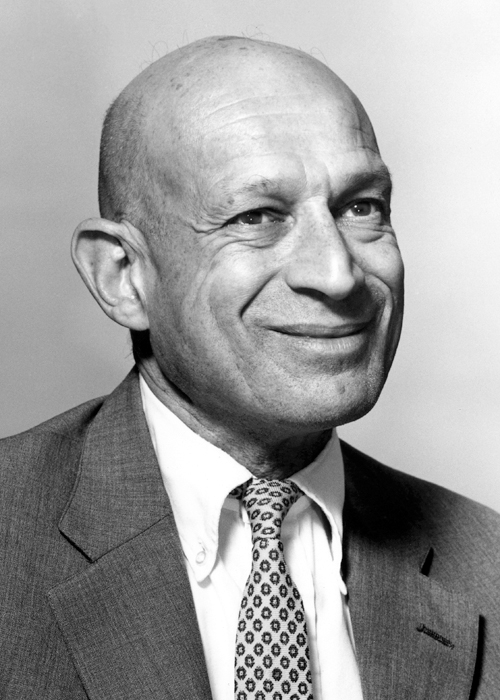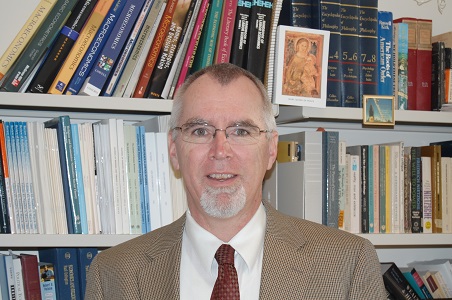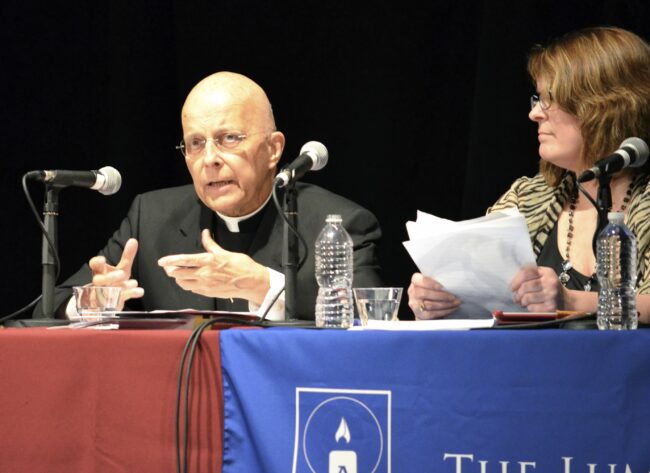Every year the Lumen Christi Institute conference on Catholic Social Teaching and Economics invites high-profile economists to the University of Chicago to present their work and engage in the ongoing conversation between economics and Catholic Social Teaching. On a larger stage, the Pontifical Academy of the Social Sciences regularly places top economists next to theologians, philosophers, and bishops to explore issues of common concern.
Why would an economist ever want to enter into a conversation with Catholic Social Teaching (CST)? Economists, like most people, take moral questions seriously, and think that the work of economists can and should inform attempts to answer these questions. Because CST is morally and intellectually serious, and invites prominent economists (Catholic and non-Catholic) into its conversations, it is an obvious candidate for attention from economists. …






